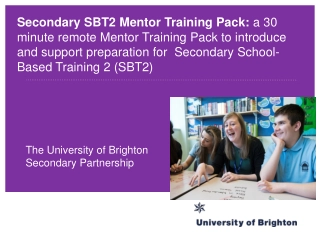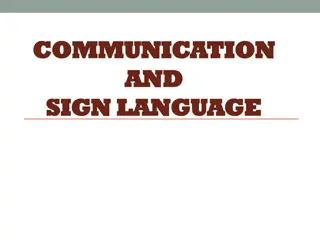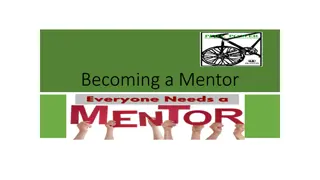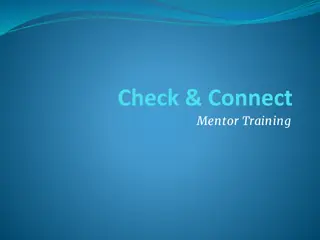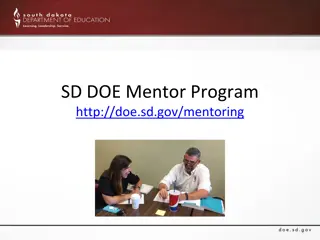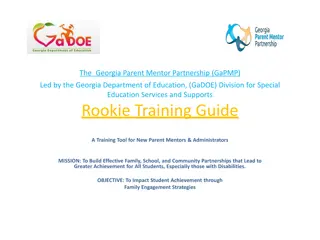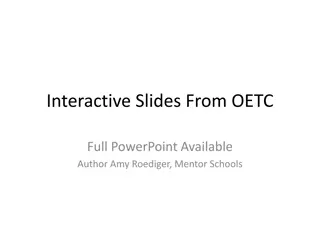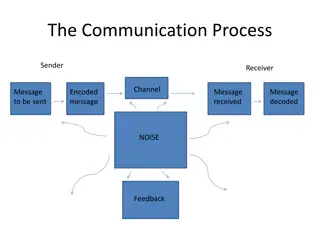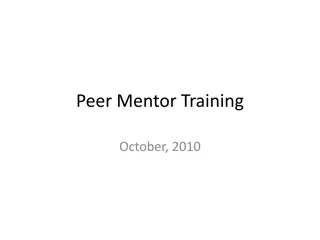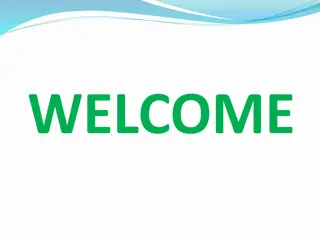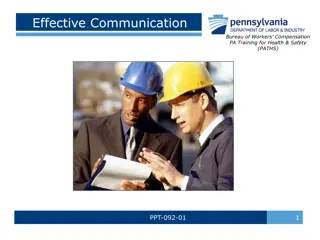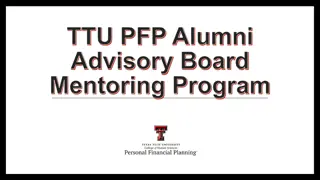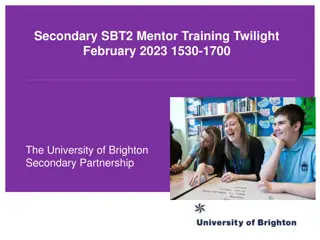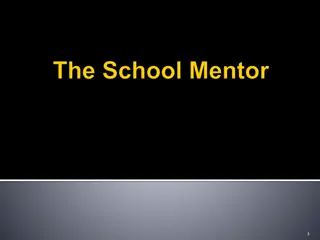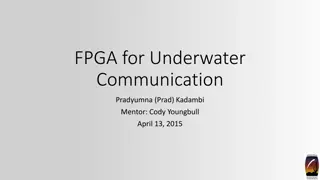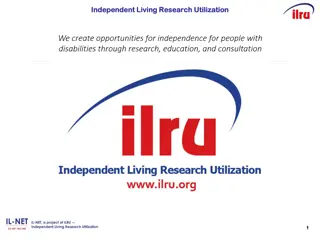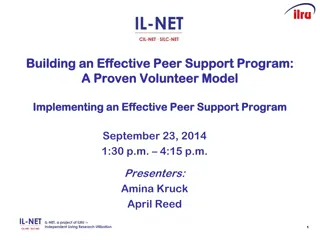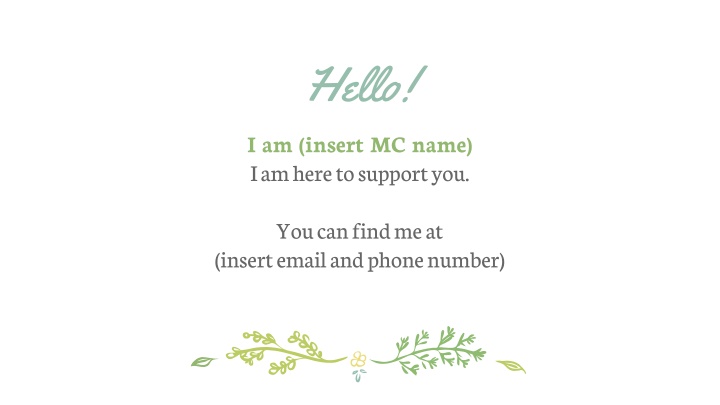
Enhancing Teacher Communication Skills: Types of Questions to Improve Student Achievement
This presentation aims to enhance teacher communication skills for improved student achievement through different types of questions. Learn about clarifying questions, probing questions, and effective questioning techniques. Discover how these strategies can promote deeper thinking, reflective learning, and collaborative discussions in educational settings.
Download Presentation

Please find below an Image/Link to download the presentation.
The content on the website is provided AS IS for your information and personal use only. It may not be sold, licensed, or shared on other websites without obtaining consent from the author. If you encounter any issues during the download, it is possible that the publisher has removed the file from their server.
You are allowed to download the files provided on this website for personal or commercial use, subject to the condition that they are used lawfully. All files are the property of their respective owners.
The content on the website is provided AS IS for your information and personal use only. It may not be sold, licensed, or shared on other websites without obtaining consent from the author.
E N D
Presentation Transcript
Hello! I am (insert MC name) I am here to support you. You can find me at (insert email and phone number)
The outcome of this presentation is to enhance teacher communication skills with students, families, and colleagues; thus increasing student achievement.
Question Type Matters Clarifying Questions Clarifying questions are simple questions of fact. They clarify the dilemma and provide the nuts and bolts so that participants can ask good probing questions and provide useful feedback.
Clarifying Questions Some examples of clarifying questions: How much time does the project take? How were the students grouped? What resources did the students have available for this project?
Question Type Matters Clarifying Questions Clarifying questions are simple questions of fact. They clarify the dilemma and provide the nuts and bolts so that participants can ask good probing questions and provide useful feedback. Probing Questions Probing (or Powerful or Open) questions are intended to help the presenter think more deeply about the issue at hand.
A Good Probing Question: Allows for multiple responses Avoids yes/no responses Is concise Prompts slow response Channels inquiry Promises insight Touches a deeper meaning Creates a paradigm shift Evokes more questions Stimulates reflective thinking by moving thinking from reaction to reflection Encourages perspective taking Challenges assumptions
Probing Question Stems Why do you think this is the case? What would have to change in order for...? What do you feel is right? What s another way you might...? How is...different from...? What sort of an impact do you think...? When have you done/experienced something like this before? What does this remind you of? How did you decide/determine/conclude...? What is your hunch about...? What was your intention when...?
Probing Question Stems What do you assume to be true about...? What is the connection between...and...? What if the opposite were true? Then what? How might your assumptions about...have influenced how you are thinking about...? What surprises you about...? Why are you surprised? What is the best thing that could happen? What are you most afraid will happen? What do you need to ask to better understand? How do you feel when...? What might this tell you about...? What is the one thing you won t compromise?
Mindful Communication for Teachers Our tone matters.
Communication Style Self - Assessment
Whatever words we utter should be chosen with care for people will hear them and be influenced by them for good or ill. Buddha
Ways to Hone Our Interpersonal Skills Four strategies to help us reflect on our communication skills as a way to build a stronger school community.
How to Hone Your Interpersonal Skills Listen with an expansive mind
How to Hone Your Interpersonal Skills Listen with an expansive mind Pay to attention to body language
How to Hone Your Interpersonal Skills Listen with an expansive mind Pay to attention to body language Expand your cultural competence
How to Hone Your Interpersonal Skills Listen with an expansive mind Pay to attention to body language Expand your cultural competence Address Conflict
Words -so innocent and powerless as they are, as standing in a dictionary, how potent for good and evil they become in the hands of one who knows how to combine them. Nathaniel Hawthorne
Resources Teacher and Parent Communication 7 Tips for Communicating with Parents Power Up Your Parent Communication How to Hone Your Interpersonal Skills Mindful Communication for Teachers
Thanks! Any questions? You can find me at Insert MC email and phone number)

